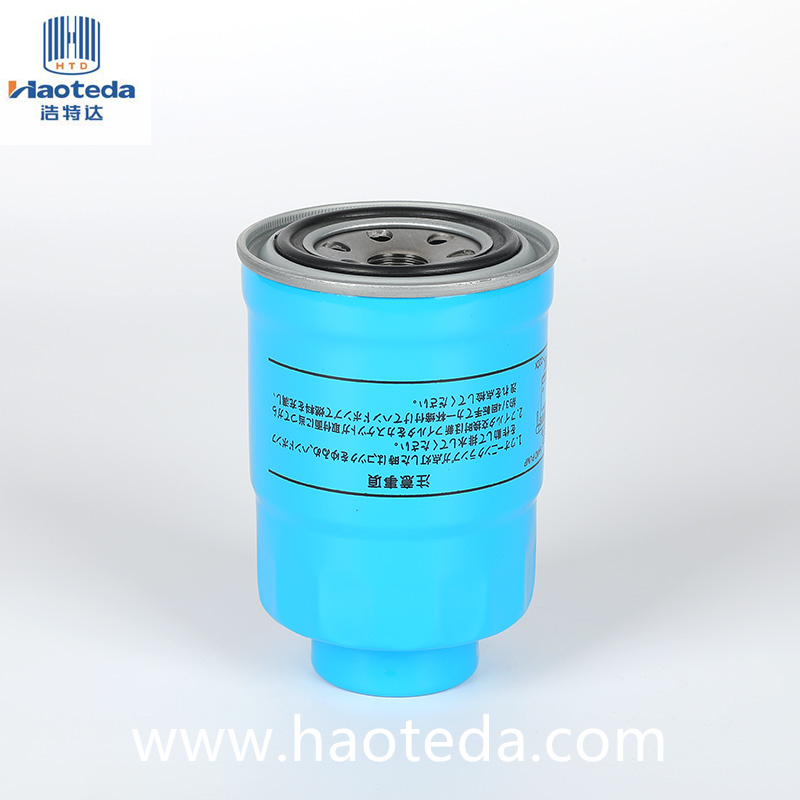Fuel filters serve as the first line of defense against contaminants that can wreak havoc on the delicate internal components of engines. Whether it's a gasoline or diesel engine, the importance of clean fuel cannot be overstated. However, while the fundamental purpose of fuel filters remains consistent across both fuel types, the nuances of their design and functionality are tailored to the unique characteristics of gasoline and diesel fuels.
Filtering Capacity and Design:
One of the primary distinctions between fuel filters for gasoline and diesel engines lies in their filtering capacity and design. Diesel fuel, by nature, tends to harbor a higher concentration of contaminants such as water, sediment, and particulate matter compared to gasoline. As a result, fuel filters for diesel engines are engineered with a greater emphasis on robustness and efficiency in capturing these impurities. They often feature finer filter media capable of trapping smaller particles, ensuring that the fuel reaching the engine is as clean as possible. Additionally, diesel fuel filters may incorporate specialized components for water separation, a crucial feature given the susceptibility of diesel engines to water contamination.

Water Separation Mechanisms:
Water contamination poses a significant threat to diesel engines, potentially leading to injector damage and corrosion within the fuel system. To mitigate this risk, diesel fuel filters are equipped with water separation mechanisms designed to detect and remove water from the fuel stream. These mechanisms typically employ advanced techniques such as coalescing or centrifugal separation to effectively separate water droplets from the fuel, safeguarding the engine against potential harm.
Compatibility and Performance:
Using the correct type of fuel filter is paramount to ensuring optimal engine performance and longevity. While gasoline and diesel fuel filters may appear similar at a glance, their internal components and filtering capabilities are tailored to the specific requirements of each fuel type. Installing a gasoline fuel filter in a diesel engine, or vice versa, can compromise filtration efficiency and leave the engine vulnerable to damage from contaminants. Therefore, it's essential for vehicle owners and technicians to adhere to manufacturer recommendations and select fuel filters that are compatible with the intended fuel type.
In conclusion, fuel filters play a vital role in maintaining the health and performance of both gasoline and diesel engines by removing harmful contaminants from the fuel supply. However, the differences in filtering capacity, design, and features between fuel filters for gasoline and diesel engines are crucial to note. Diesel fuel filters, with their enhanced filtering capabilities and water separation mechanisms, are specifically engineered to address the unique challenges posed by diesel fuel. By understanding these distinctions and selecting the appropriate fuel filter for their vehicle's engine, vehicle owners can ensure optimal performance, longevity, and reliability for their engines.
 English
English
 English
English Español
Español Français
Français
 +86-139-6774-0263
+86-139-6774-0263









